Tag Archive for: Education
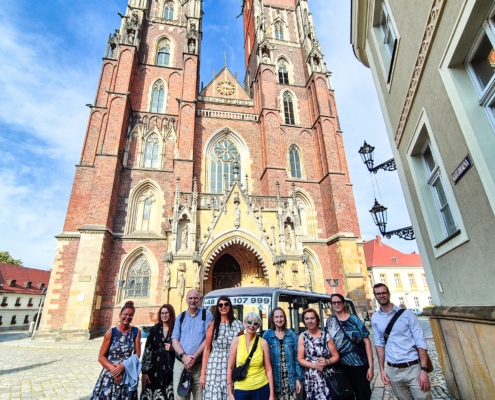
TIMREX Steering Commitee Meeting, 27-28 June 2024, Wroclaw, Poland
La Palma Research Centre joined the TIMREX consortium in Wroclaw,…
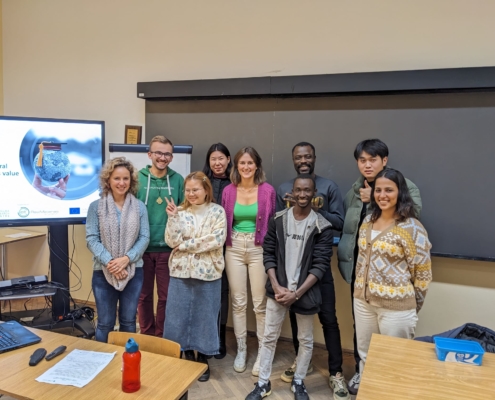 La Palma Research Centre
La Palma Research CentreLPRC gives RaVeN students the “Business training and general trends in the raw materials value chain” course
Last week the LPRC team went to Krakow, Poland, to provide…
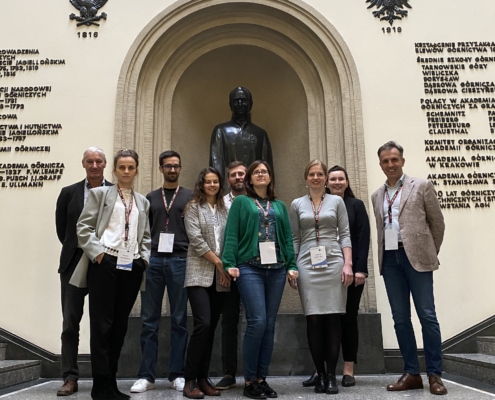 AGH
AGHRaVeN Project Kick-Off meeting, Krakow, October 2022
The RaVeN project - a new EIT RawMaterials project in which LPRC…
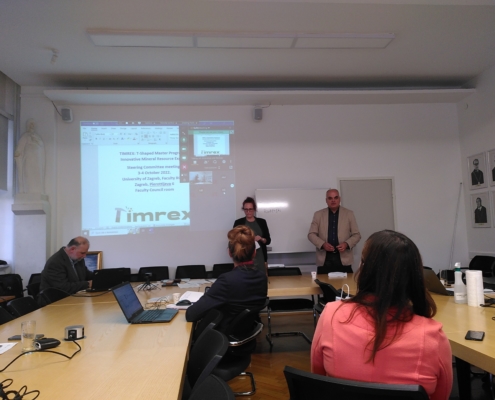 La Palma Research Centre
La Palma Research CentreTIMREX Steering Committee meeting, Zagreb, October 2022
LPRC took part in the most recent TIMREX project meeting, which…
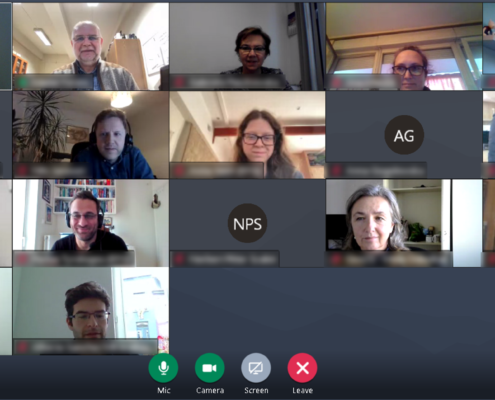
LPRC participates on a new EIT RawMaterials Education project!
TIMREX is a newly started EIT RawMaterials project that will…

INTERMIN project Final Review Meeting
The INTERMIN project held its Final Review Meeting with the EC…
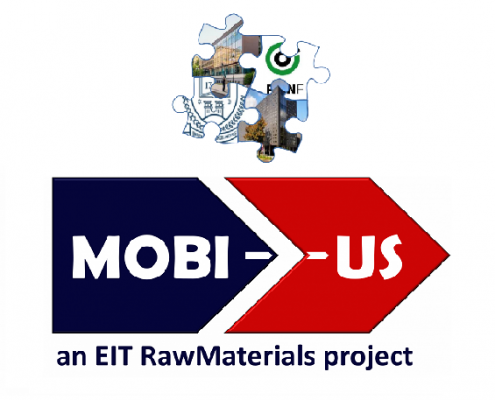
LPRC active during the last MOBI-US project Workshop
The final event of the MOBI-US project was held in Zagreb, Croatia,…
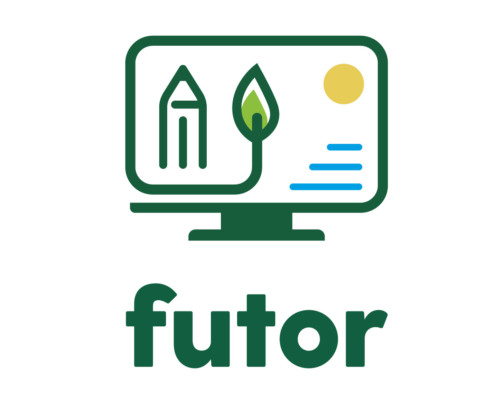
FUTOR project kick-off
FUTOR - Fostering Futures Thinking in Europe’s Outermost Regions…

LPRC contributes to the MOBI-US Training event – Part 1
The MOBI-US project has reached one more important milestone…

LPRC participation at the MOBI-US Industry Workshop!
The Industry Workshop concludes MOBI-US’ events in 2020. The…
